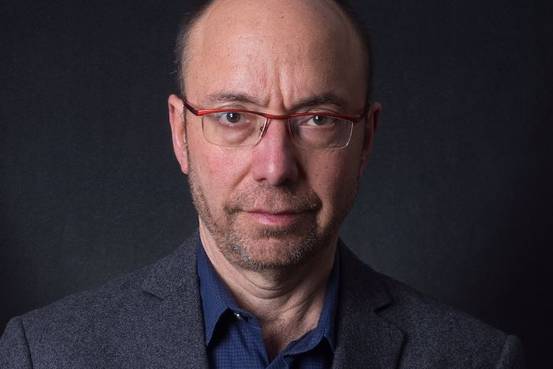 |
Who should fix tech, Biden-sanctioned commission asks? Governance by government or something else?First Posted May 22, 2021 | On PrivacyBeat A four-month effort of a private, independent, bipartisan commission — that has the attention of the Biden administration — is looking for help to answer fundamental questions: What do we want for the future of Internet technology and who should do what to get us there? “The question is, is there a consensus on who should do what?” asks former Massachusetts governor and Democractic presidential candidate Deval Patrick, who co-chairs the Future of Tech Commission. He was the first speaker on May 18 at a virtual presentation organized by Harvard University scholars, the first of at least five the commission plans around the United States.
Getting a handle on security and trust for the web is “one of the most challenging issues of our time,” added incumbent Massachusetts Gov. Charlie Baker, a Republican. “Even getting agreement on how to create a process for solving it is an enormous undertaking.” But that’s the intention of Patrick and his co-chairs, Common Sense Media founder/CEO James P. Steyer and former U.S. Education Secretary Margaret Spellings. They plan to release what they call “a comprehensive blueprint for action this summer” addressing safety of Americans on online platforms, consumer privacy, market competition, innovation and digital equity. Problems and solutions highlighted during the 90-minute webinar (see TRANSCRIPT):
Victoria Groves-Cardillo at Harvard’s Mossavar-Rahmani Center for Business and Government and the JFK School of Government, who is helping with the commission and it has set up a website for accepting suggestions from the public. The next four commission “town halls” are posted on the website and run through June 16 — one in Texas, two in California and one in North Carolina. A form to submit comments is also available. ITEGA submitted this question: “A key problem for web trust is the lack of a public-benefit method for identity verification, not controlled by governments or private platforms. What options exist for creating a third way for public-benefit governance of trust, identity and privacy that can be global in ambition and scope?” “We’ve been invited to consider legislation, regulation, public-private partnerships, citizens initiatives, areas where business and education sectors can take the lead,” Patrick said in an audio interview with Bloomberg News. He added: “There are a lot of different issues so there are going to be a number of solutions that make the most sense.” “There are a bunch of solutions that have already bene proposed and some we don’t know about yet we will want to take a look at . . . At the top of my list is the equity.” RELATED LINKS:
|

